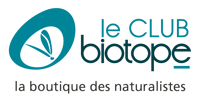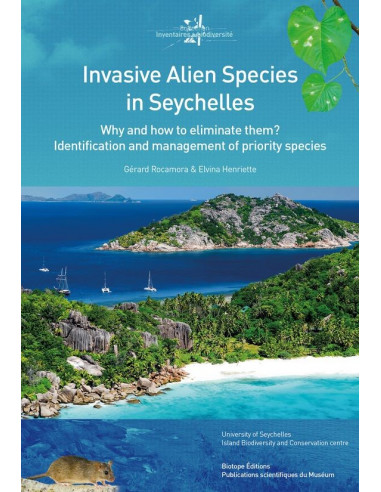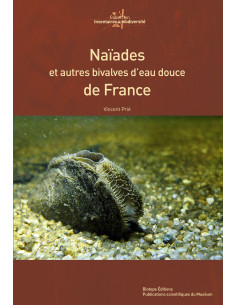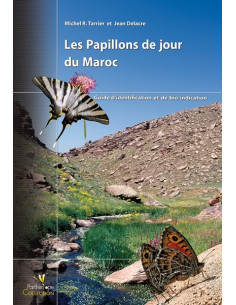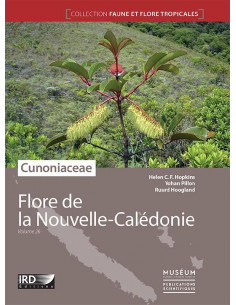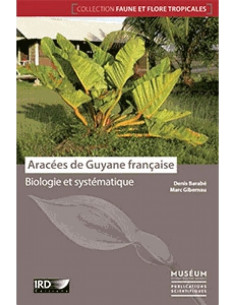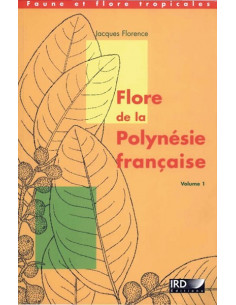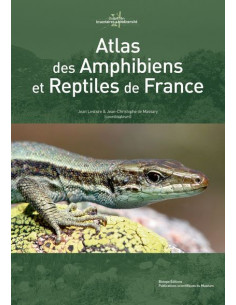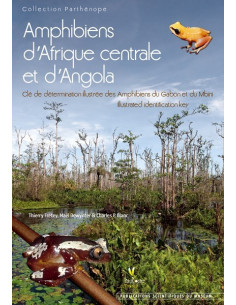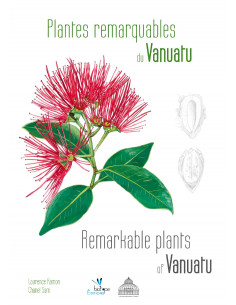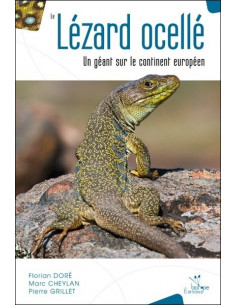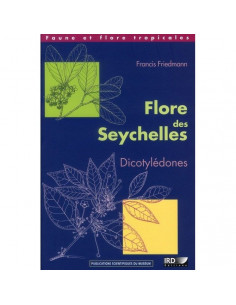Invasive Alien Species in Seychelles
article Biotope€33.18 tax excl.
Identification and management of priority species. Why and how to eliminate them.
This book addresses conservation practitioners, island managers, scientists, naturalists and any person willing to learn more about invasive species and how to fight them.
Part one provides information about invasive species and how they threaten ecosystems, public health, and the economy. It details the importance of invasive species management to undertake ecological restoration on islands, and in the recovery of threatened species. It showcases the remarkable response Seychelles has made to invasive species and highlights the country’s achievements in eradicating and controlling invasive vertebrates on islands. Strategies to prevent new invasions, and management techniques to contain, control or eradicate invasive species, or to mitigate their impacts, are described. Examples of methods to monitor biodiversity and to document ecosystem recovery are presented. Species in Seychelles of particular concern as invasive are listed.
Part two provides detailed species accounts for the main invasive plants and animals in Seychelles (creepers, trees, bushes, aquatic plants, rats and other mammals, birds, reptiles, mosquitoes, snails, ants and other invertebrates). For each species, distribution maps, its ecology and the threats it poses, control and eradication attempts in Seychelles and the region, and detailed management recommendations and lessons learned are provided. Species accounts and a number of case-studies cover a total of 44 invasive species, half of which are among the 100 worst invasive species that affect many islands and countries worldwide. Key publications, websites, guides and toolkits are provided, as well as more than 600 bibliographical references.
English book
 Get register and you will earn 35 points/€1.75
(Each €1.00 spent = 1 point, 1 point = €0.05 discount)
Get register and you will earn 35 points/€1.75
(Each €1.00 spent = 1 point, 1 point = €0.05 discount)Your cart will total 35 points that can be converted into a voucher of €1.75.
Gérard Rocamora is Docteur-Ingénieur en Agronomie specialised in ecology (ENSAM-Université des Sciences et Techniques du Languedoc, Montpellier & Universitat de Barcelona, 1987). He has worked in Europe, Africa, tropical America and the western Indian Ocean as an ornithologist or as an invasive species expert with organisations such as BirdLife International and its French partner LPO, IUCN, Conservation International and CEPF, and government institutions including the Seychelles Ministry of Environment. With origins in Catalonia and France, this conservation biologist and practitioner has lived in Seychelles since 1995 and has been closely involved with initiatives focused on threatened species recovery and island rehabilitation programmes, ecosystem monitoring and seabird studies, many of which involved invasive species management. Over the years, he has contributed to more than 25 invasive alien species management programmes, and led 14 successful rat eradications on islands as well as subsequent reintroductions of threatened birds, reptiles and invertebrates. Affiliated for many years with the ‘Muséum national d’histoire naturelle’ (CRBPO, SPN & UMR 7204), he is a member of two specialist groups of the Species Survival Commission of IUCN (Invasive Species Specialist Group and Reintroduction Specialist Group). Part-time lecturer at the Faculty of Sciences of the University of Seychelles (UniSey), regular supervisor of Masters and PhD students, and an environmental adviser for private islands or companies, he is the founding chairman of the Island Biodiversity & Conservation centre at UniSey, and co-founder of the Island Conservation Society. Dr Rocamora is fluent in six languages and has authored or co-authored many publications including several books and chapters on threatened species and priority sites for conservation, scientific papers, technical reports, popular books and sound guides on wildlife.
Elvina Henriette is a Seychellois Docteur du Muséum national d’histoire naturelle in Paris, who specialised in ecology at the ‘Institut d’Écologie et de Gestion de la Biodiversité’ (Conservation des espèces, restauration et suivi des populations; UMR 7204). She also holds a Masters degree from ‘Université de la Réunion’ and a BSc degree from the University of East Anglia (UK). She has worked with the World Conservation Monitoring Centre in the UK, and for many years in Seychelles as a conservation biologist and practitioner with the Seychelles Ministry of Environment and with Gérard Rocamora, and later as an independent consultant with private islands, the Seychelles National History Museum and local NGOs. Over the last 15 years, she has accumulated substantial experience in the management of invasive species, notably plants and invertebrates, species reintroductions, faunistic inventories and island restoration techniques. She has worked as coordinator of the Environmental Science BSc degree development at the University of Seychelles, and is a co-founder of its Island Biodiversity & Conservation centre, and of the Terrestrial Restoration Action Society of Seychelles. She is also a member of the Reintroduction Specialist Group and a collaborator of the Invasive Species Specialist Group of the Species Survival Commission of IUCN. Dr Henriette is fluent in the three national languages of Seychelles. Leading zoologist of the Key Biodiversity Areas inventory for Seychelles, she has authored or co-authored a variety of scientific publications, popular articles and technical reports on birds, plants, corals, invasive species and wildlife in general.
- ISBN number
- 384
- Publisher
- Biotope / Publications scientifiques du Muséum
- Author
- Gérard Rocamora, Elvina Henriette
- Softcover / hardcover
- Souple avec rabats
- Printing date
- 2015
- Number of pages
- 384
- Width in cm
- 2015
- Height in cm
- 16,5
- Weight in kg
- 1,3
- Language
- English
